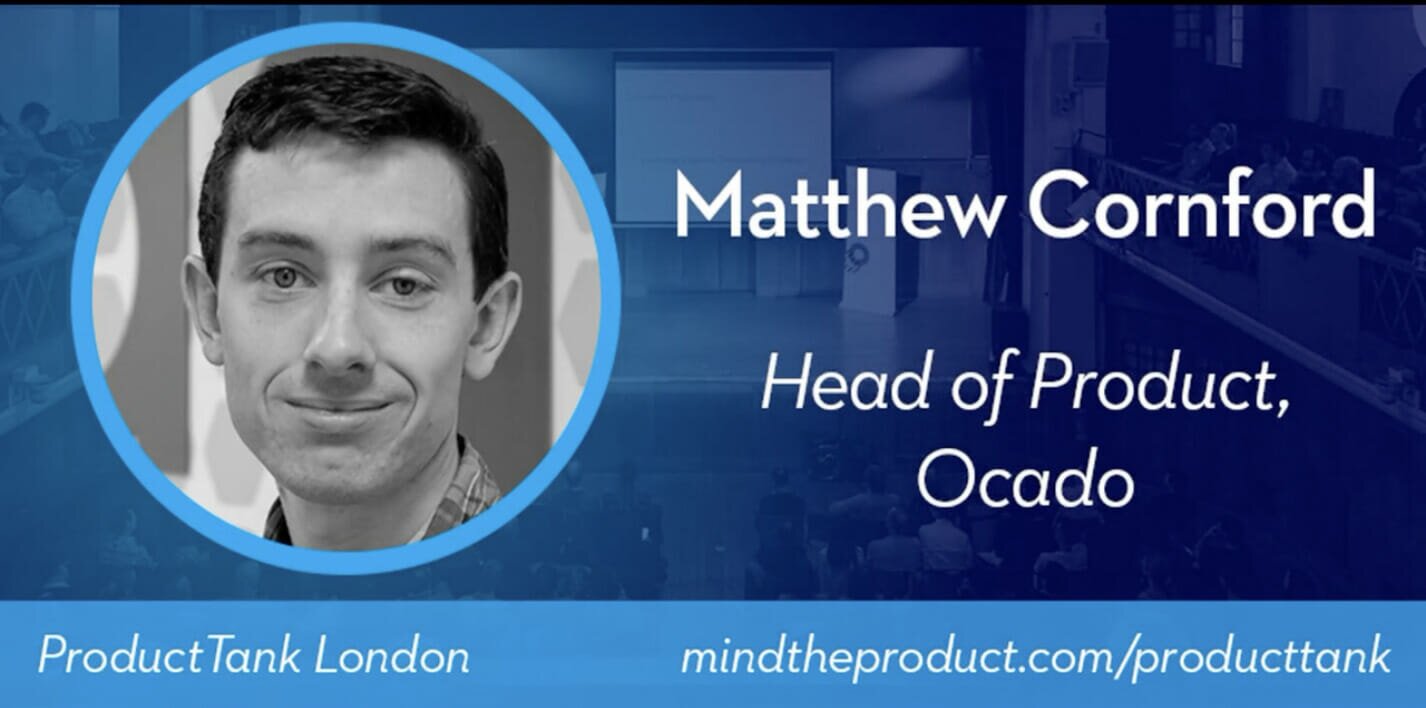The top 3 (work-related) things that make me feel jealous:
- Friends talking about the cloud/remote/open-source tools that they use
- Co-located teams
- Launching new features in 2 – 3 months rather than 2 – 3 quarters… or years
That’s because I'm a Product Manager at an enterprise, and things are different here. Not bad – there are some amazing opportunities that come with scale – but definitely very different than working in a startup or mid-size environment. If you’re considering going to work with a global megacorp, there are definitely some things you should know. Following on from a ProductTank presentation I gave at the start of the year, here are some notes on how to survive in the Enterprise environment.
The Enterprise Survival Guide
1. Be Patient. Really, Really Patient
Things operate on a different scale here. At smaller firms, I felt like a failure if I couldn't show results in 2 or 3 months. At an enterprise, a global change can take 2 or 3 years. Add a few more months if you’re in a regulated environment, trying to deal with things like cross-border data transfer, bringing on a new vendor, or even asking for feedback from staff in countries like Germany. That’s because…
2. Things are Really Complex
And not just the legacy systems. Processes can be absolutely Byzantine, and the organisational dynamics even more so. Companies of this size often grow by merger and acquisition, and often there are differing systems and processes between business units or geographies. There’s also the (often) undocumented checkpoints that you’ll need to go through to get any change to existing systems or processes changed, above and beyond the known structures.
3. Learn the Culture – and Appreciate It
Some people can experience an entire career – with many different job experiences – within one large firm. That creates a unique corporate culture which can be hugely resistant to change – but it may also be responsible for why the company originally succeeded and hasn’t yet been disrupted. That can be simultaneously a huge frustration and a massive opportunity – and even if you never learn to love the culture, you’ll need to develop an appreciation for it. Without that, you’ll never be able to engage the lifers.
4. Get A Native Guide
There’s a stereotype that the lifers are an insular, uncurious bunch. But you’ll be surprised to also find a community of dynamic people who are really interested in learning new techniques and methodologies – and who excel at adapting them to the unique requirements of their organisation. These people are invaluable, and you’re not going to get anything done without them. They’re the ones who can help you finesse the bureaucracy and the budget cycles, who know where the blockers are and how to avoid them.
5. And Sponsorship
Even the guides won’t be much help unless your programmes have the right backing – be it an executive sponsor or committed budget/resources. (Most of the time, the latter doesn’t come without the former.) The one exception is that you can pull off a skunkworks win with minimal resources, which may be enough to secure the sponsorship to make it a production-ready programme. (This isn't that different from the MVP process.)
6. …And then be Patient Again
Did I mention this earlier? It’s essential.
So why do it? The opportunity to work globally, with teams across countries and cultures, can be amazing. Access to vendors and resources can be extensive. Opportunities to learn from managing complexity and large numbers of people are invaluable. When something does launch, it can be really transformational and special.
And afterwards, nothing you do at a smaller firm will ever make you break a sweat.






